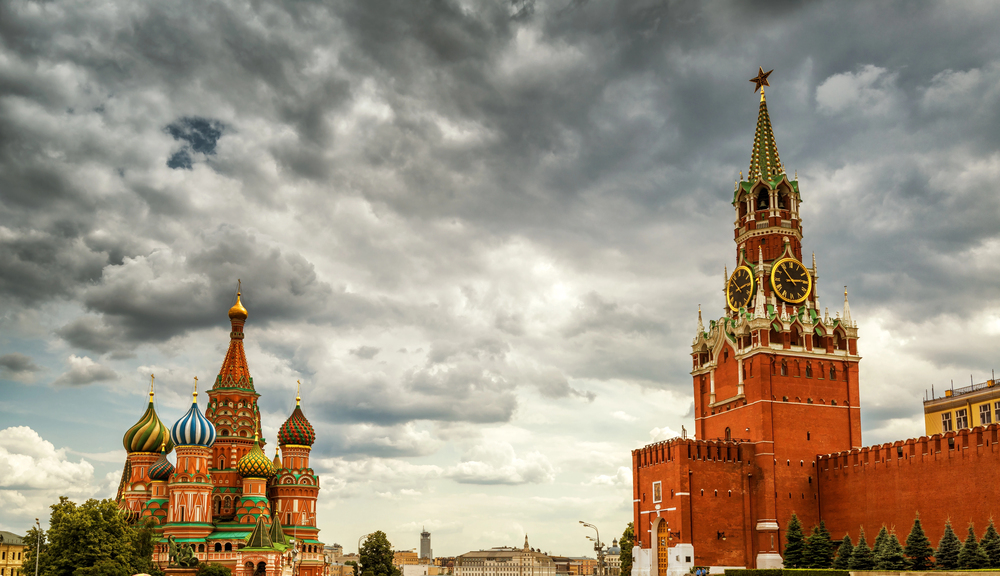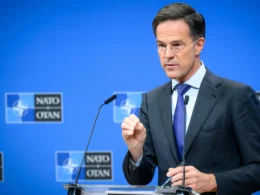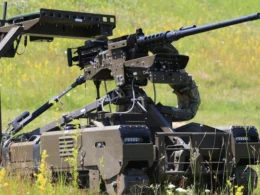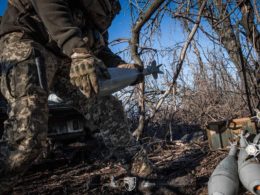The Italian steel plant Cividale Spa earned about €93 million from its dealings with Russia between 2014 and 2023 despite international sanctions, according to Trap Aggressor.
The investigation on the Italian steel plant Cividale Spa was released by Italian IRPI Media in cooperation with Roman Steblivskyi, head of the sanctions operations department at Trap Aggressor. It underscores how Italian investments continue to support Russia's military-industrial complex regardless of the economic restrictions. The European Union must take further measures to restrict businesses' operations in the Russian market to prevent such high-profile cases of collaboration with Russian industry during the war, journalists say.
The Cividale Spa is a shareholder in the Russian company BVK, which is under US sanctions. BVK operates out of the Soviet-era industrial park "Stankomash" in Chelyabinsk, which was revived by Russian businessman Valeriy Bondarenko. The investigation uncovered that BVK supplies components to Russia’s defense sector, including parts for the "Smerch" multiple rocket launchers, which have been used in attacks on civilian targets in Ukraine.
The "Stankomash" industrial park has a history of military production, having been converted during World War II for defense purposes. After the collapse of the Soviet Union, it fell into decline but was revived in 2011 by Kazakh-born Russian entrepreneur Valeriy Bondarenko. He attracted several European companies, including Cividale, which invested €4.5 million into BVK. Bondarenko is the majority shareholder and controls the entire industrial park and its affiliated companies.
Despite the ongoing war in Ukraine, Cividale continued to generate revenue from Russia, earning around €93 million from 2014 to 2023 through its partnership with Russian entities like BVK. In response to inquiries, Cividale stated that it does not engage in BVK's operational management and complies with sanctions. However, the company plans to remove BVK from its corporate structure, though it has not fully exited the Russian market.
Following Russian ruler Vladimir Putin's 2016 directive to shift 50% of Russia's industrial output to the military sector by 2030, the figure reached 30% by the end of 2024. "Stankomash" remains a key part of this strategy.





